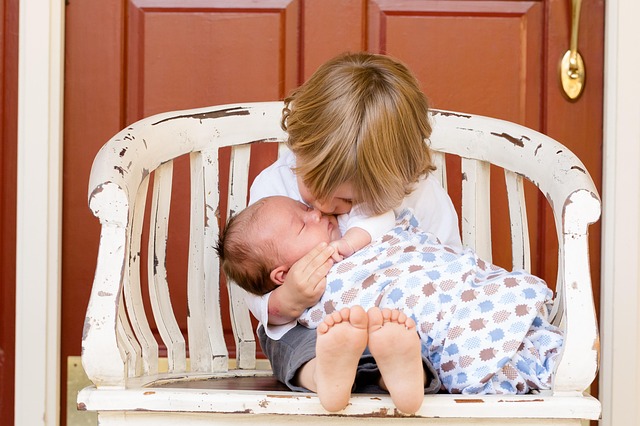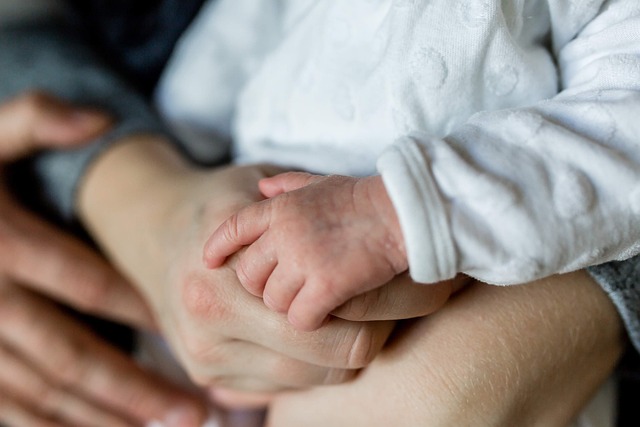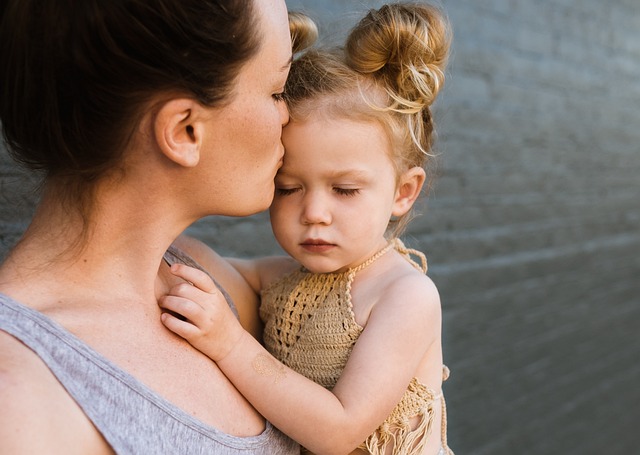Grandparent custody disputes arise from questions about parental fitness, with varying family laws prioritizing the child's best interests while acknowledging extended family rights. Key issues include visitation, medical access, education/religion, and disruption to routines. Effective communication, utilizing active listening and clear language, is vital for achieving mutually agreeable solutions. Emotional aspects require empathy and support through counseling or therapy. Legal processes like mediation or court petitions are necessary to achieve agreed-upon arrangements, focusing on the child's well-being and stability.
“Grandparent custody disputes can be complex, emotionally charged affairs. Navigating these challenges requires a nuanced understanding of both legal frameworks and the unique dynamics at play. This article delves into the intricacies of grandparent agreements, offering insights on strategic communication, emotional support, and legal options. By exploring these aspects, we aim to equip grandparents and families with tools to achieve mutually agreed-upon arrangements, fostering positive relationships for all involved.”
- Understanding Grandparent Custody Disputes: Legal Framework and Common Issues
- Strategies for Effective Communication in Grandparent Agreements
- Navigating Emotional Aspects: Supporting Both Grandparents and the Child
- Legal Options and Processes for Achieving mutually Agreed-Upon Arrangements
Understanding Grandparent Custody Disputes: Legal Framework and Common Issues

Grandparent custody disputes often arise when a parent’s decision-making abilities are questioned, leading to legal battles over care and control of their grandchildren. These disputes are governed by family law, which varies across jurisdictions but generally aims to protect the best interests of the child while also considering the rights and roles of extended family members. The legal framework involves assessing factors such as the child’s relationship with each parent and grandparent, the stability of each household, and any potential benefits or barriers to a significant change in custody arrangements.
Common issues in these disputes include disagreements over visitation schedules, the right to access medical information, and decisions regarding religious or educational choices. Grandparents may argue for primary custody based on their ability to provide a stable and loving environment, while parents might resist such arrangements, fearing potential changes to the child’s routine and well-being. Understanding these complex dynamics is crucial in ensuring fair outcomes that prioritize the child’s emotional and psychological development.
Strategies for Effective Communication in Grandparent Agreements

In navigating grandparent custody disputes, effective communication is key to reaching mutually agreeable solutions. Both sides must be open and honest about their desires, concerns, and expectations. This often involves active listening—grandparents and parents should give each other their full attention, ensuring understanding before responding. Using “I” statements can help express feelings without placing blame, fostering a more collaborative environment. Additionally, clear and concise language is essential; legal jargon can create misunderstandings, so keeping discussions straightforward ensures everyone is on the same page.
Visual aids, such as charts or diagrams, can be useful tools for outlining agreements, especially when discussing scheduling or shared responsibilities. These visual representations can simplify complex situations, making it easier to identify common ground and compromise. Maintaining a respectful tone throughout negotiations demonstrates maturity and helps build trust, which is vital for reaching successful outcomes in grandparent custody disputes.
Navigating Emotional Aspects: Supporting Both Grandparents and the Child

Navigating emotional aspects in grandparent custody disputes is a delicate process that requires empathy and understanding from all parties involved, especially when children are at the heart of the matter. Grandparents, often driven by love and a desire to be involved in their grandchild’s lives, may experience intense emotions during negotiations. These feelings can range from sadness and frustration to anger or even guilt, especially if they feel excluded or denied access.
Supporting both grandparents and the child through this challenging time is vital. Counselling or family therapy sessions can help everyone process their emotions healthily and work towards a resolution that considers everyone’s needs. It provides a safe space for grandparent-child bonding and allows parents to navigate custody arrangements collaboratively, fostering a harmonious relationship for the child. This approach ensures that the emotional well-being of all involved is addressed, promoting a more positive outcome in grandparent custody disputes.
Legal Options and Processes for Achieving mutually Agreed-Upon Arrangements

In the context of grandparent custody disputes, legal options and processes play a pivotal role in achieving mutually agreed-upon arrangements. When grandparents seek regular or shared custody of their grandchildren, they often navigate complex legal systems designed to safeguard the best interests of the child. Mediation is typically the first step, where an impartial third party assists families in reaching a resolution without going to court. This approach encourages open communication and collaborative problem-solving, ultimately fostering healthier relationships.
If mediation fails or isn’t suitable, legal proceedings may be required. Grandparents can petition the court for custody or visitation rights, presenting their case based on factors like the child’s well-being, stability, and existing relationships. The court will consider these aspects alongside any input from parents and other relevant parties. A successful outcome often relies on thorough documentation of the grandparent-grandchild bond and a demonstrated ability to provide a stable, nurturing environment.






